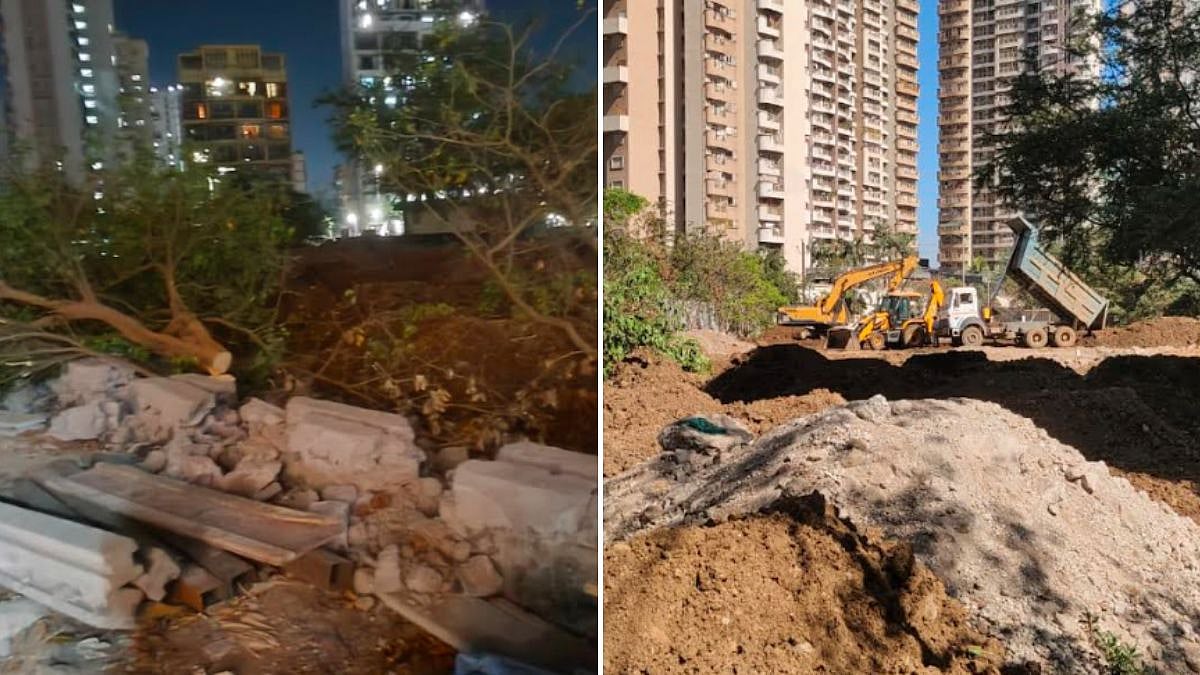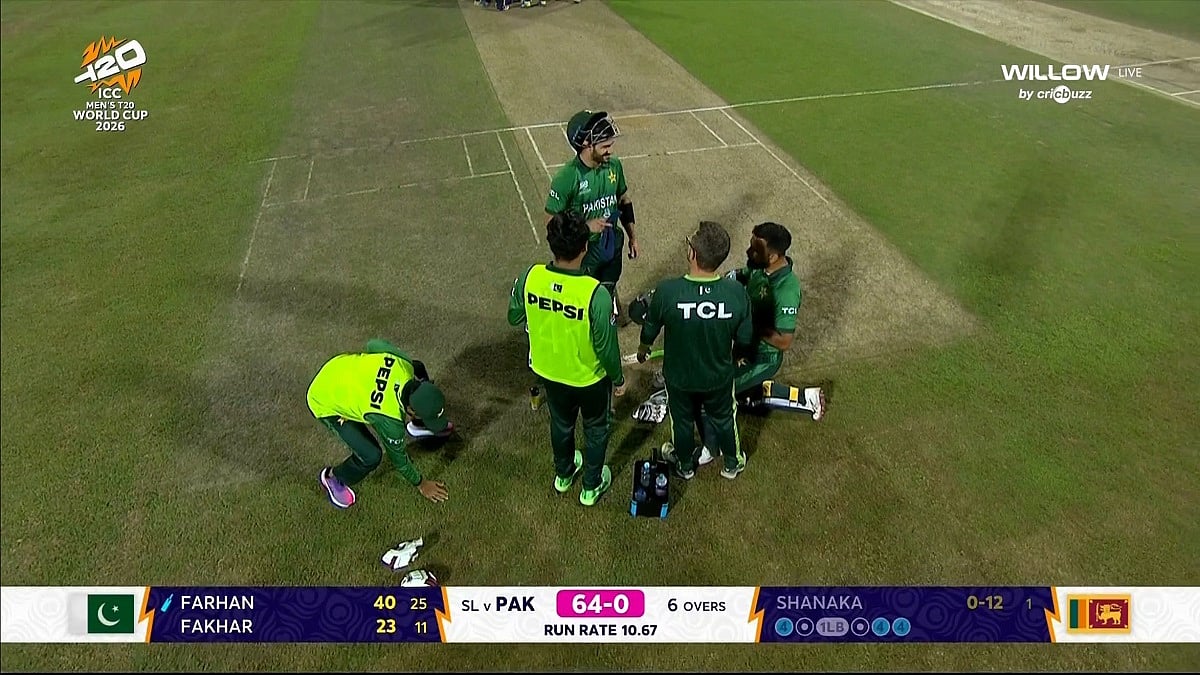The Delhi High Court recently took a strong stance against cheating in government examinations, citing the grave implications such dishonest practices have on society and the integrity of the public service selection process.
Justice Swarana Kanta Sharma stressed on the far-reaching consequences of such acts, noting that they not only compromise the merit-based selection essential for effective governance but also erode public trust in the examination system.
"... cheating during exams not only undermines the merit-based selection process but also erodes public trust in the fair and transparent examination system," she said.
“…cheating in government exams can have far-reaching consequences for society as a whole. It can lead to the recruitment of incompetent or unqualified individuals in key government positions, which can have detrimental effects on public service delivery, governance, and overall development,” the court said.
The court's observations came while denying bail to a bus driver implicated in a scheme to leak government job examination question papers in Haryana.
The accused argued his innocence, claiming his involvement was limited to transporting students for mock tests. However, the prosecution presented evidence arguing his deeper involvement, including the recovery of documents and mobile phones used to facilitate the cheating scheme.
Justice Sharma stressed the importance of upholding meritocracy and equal opportunity principles, stating that cheating undermines these values by favouring those willing to engage in fraudulent activities over hardworking, deserving candidates.

"It perpetuates inequalities by favoring those who can afford to pay for leaked exam papers or engage in fraudulent activities, while disadvantaging those who rely on their hard work and merit to succeed," the court said.
This not only perpetuates inequality but also risks placing incompetent individuals in critical government roles, affecting public service delivery and governance.
The court pointed out the serious nature of the allegations, including the recovery of incriminating materials such as mobile phones, blank cheques, and admit cards from the accused.
Given these circumstances, and the ongoing investigation to uncover the full extent of the cheating operation, the court deemed it inappropriate to grant bail at this stage.
"The acts of cheating in examinations thus must be dealt with a stern hand, as their effects are not limited to an individual but impact society as a whole," the judge said.
She added: "...the allegations against the accused persons are serious in nature since they have made the prospective candidates believe that they have the leaked question papers for the examination they are sitting for and have sold them the same on payment of lakhs of rupees."




